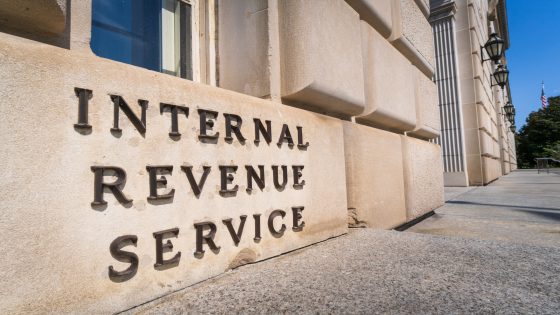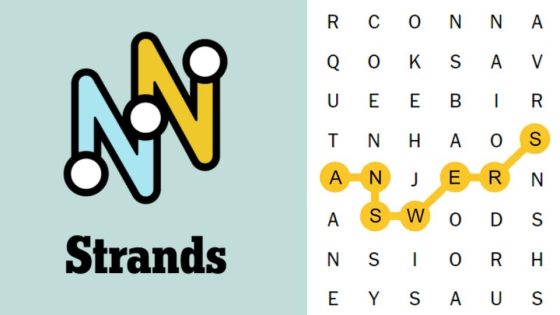Indiana lawmakers are currently reviewing a bill that would significantly increase payday loan borrowing limits for Hoosiers. As of February 8, 2025, this proposed legislation raises concerns about the potential impact on low-income borrowers who might rely on these high-interest loans for immediate cash needs. Could this be a solution or a further burden for struggling families?
- Indiana lawmakers review payday loan legislation
- Proposed loans up to $25,000 allowed
- Interest rates may increase to 36%
- Monthly service fees imposed on loans
- Concerns raised about burdening low-income borrowers
- Lawmakers seek alternatives for subprime borrowers
Indiana Lawmakers Propose Higher Payday Loan Limits: What You Need to Know
What does this mean for Indiana residents? The proposed bill aims to allow payday lenders to offer loans up to $25,000, significantly higher than the current cap of $825. While this may seem like a lifeline for those in financial distress, the associated high-interest rates and fees could put borrowers in a deeper financial hole.
Key Changes in the Proposed Indiana Payday Loan Legislation
The proposed bill introduces several key changes that could reshape the payday loan landscape in Indiana. Here’s what you should know:
- Loan amounts can increase to $25,000, up from $825.
- Interest rates may rise from 25% to 36% annually.
- Lenders can charge monthly service fees based on the loan amount.
- Loans must have a minimum term of six months.
Understanding the Risks of Higher Payday Loans in Indiana
Higher payday loan limits come with significant risks. Many borrowers may not fully understand the terms and conditions, leading to unmanageable debt. For example, Bryce Gustafson, a former payday loan user, shared his experience of struggling to repay a loan, emphasizing the importance of understanding the fine print.
Potential Impact on Low-Income Borrowers
Critics of the bill, including representatives from the Indiana Community Action Poverty Institute, argue that increasing loan limits and fees could disproportionately affect low-income individuals. They fear that without viable alternatives from traditional banks, many will be forced into costly loans, exacerbating their financial struggles.
What’s Next for Indiana’s Payday Loan Legislation?
As lawmakers consider amendments to the bill, the debate continues over the best way to support low-income borrowers. Advocates for the legislation argue that it fills a necessary gap in the lending market, while opponents warn of the dangers of high-interest loans. What will the final outcome be, and how will it affect Indiana residents?































